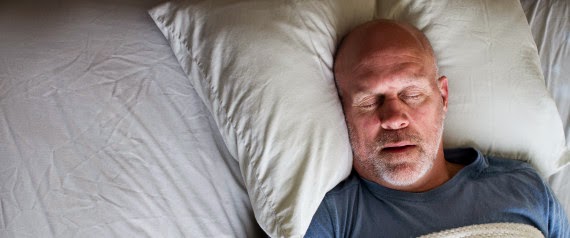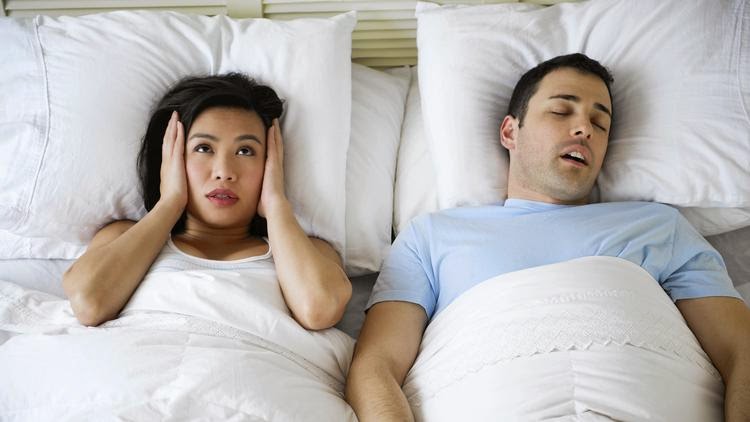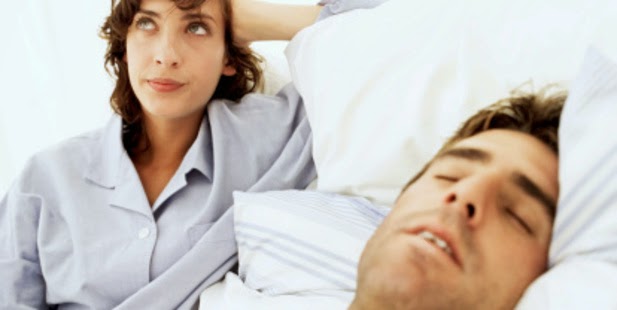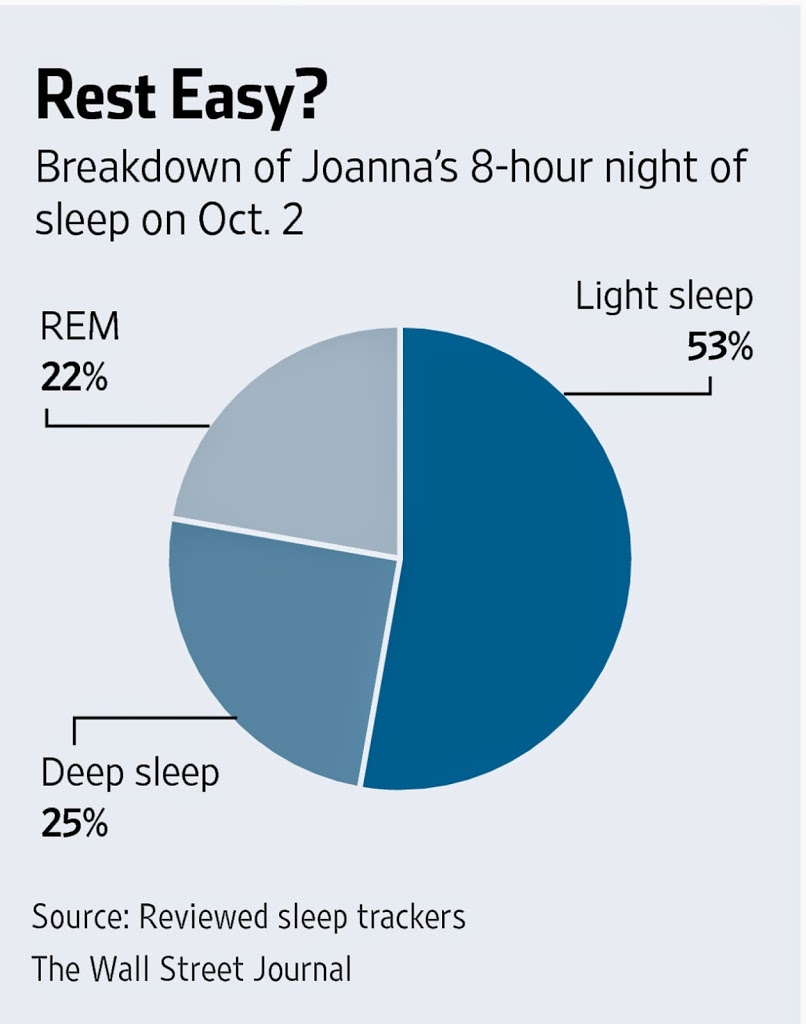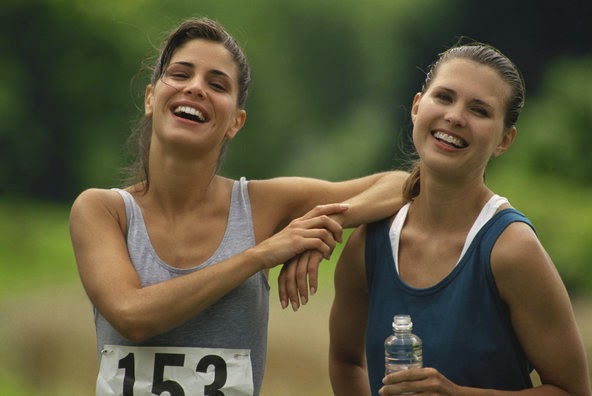Poor Quality Sleep Could Lead To Brain Changes And Dementia, Study Finds
Posted: 12/10/2014 4:08 pm EST Updated: 12/10/2014 4:59 pm EST It’s bad enough being one of the millions of people suffering from sleep-disturbing conditions like emphysema and sleep apnea, waking up tired or having your spouse complain about your loud snoring. Now a new study reveals even scarier effects of not getting enough quality sleep. Findings unveiled today in the journal Neurology, links the effects of sleep disturbances to brain changes that could lead to dementia later in life. Researchers looked at a cohort of 167 Japanese-American men with an average age of 84, following the mens’ sleep patterns from the start of the study until …
New Pillows Help You Prevent Wrinkles While You Sleep
December 8, 2014 5:30 AM NEW YORK (CBSNewYork) — We’ve all heard of getting beauty sleep, but what if getting that rest actually contributed to wrinkles? Some doctors say it all depends on how you use your pillow. If you think a little shut-eye rejuvenates you for the day ahead, Dr. Michael Kane says think again. “People don’t realize this, but for a third of your life, you’re laying on a pillow that is ripping and shearing the ligaments under your skin,” he told CBS2’s Alex Denis. That means you may get sleep wrinkles. “These diagonal wrinkles along the jaw line, the diagonal …
The vicious cycle: Sleep loss can lead to diabetes and vice versa
Snoring may just be a sign of worse things to come from sleep deprivation and diabetes. (Tetra Images, Getty Images) October 23, 2014, 4:28 p.m.By Leslie Mann, Chicago Tribune David Lombrozo was never a good sleeper. “Then I started my own company, and it got worse,” said the Marietta, Ga., owner of an information-technology management company. “I got to bed later, got up earlier, wasn’t eating well. I gained 15 pounds, which made me snore and woke me up even more.” As a result, Type 2 diabetes, which had been lurking in his family genes, caught up with him. Now Lombrozo …
The Worst Sleep Disorder of Them All
Notes from Dr. Norman Blumenstock Stanford Doctor Names The #1 Worst Sleep Disorder Posted: 05/02/2014 5:14 pm EDT Updated: 07/02/2014 5:59 am EDT As a kid I used to love watching the G.I. Joe cartoon series, and still can remember one of their catchphrases: “Knowing is half the battle!” Now, over 25 years later, it occurs to me that this quote is relevant to the field of sleep as well. Researchers estimate that more than 80 percent of people with clinical sleep issues remain undiagnosed, and so it seems that awareness around sleep disorders could use a little boost. With …
Snoring likely to be in your genes
Notes from Dr. Norman Blumenstock Children whose parents suffer from obstructive sleep apnea have a much higher chance of having the condition, reports The New Zealand Herald. There’s bad news for the children whose parents keep them awake at night snoring – they are more likely to follow in their parents’ footsteps and be noisy sleepers too. 5:00 AM Thursday Oct 9, 2014Study shows 5 to 10 per cent of adults have severe sleep apnoea and the majority of them are overweight. Children whose parents suffer from obstructive sleep apnoea – of which snoring is a major symptom – have a …
The Best Sleep-Tracking Devices to Mind Your Z’s
Notes from Dr. Norman Blumenstock How good are the personal tracking devices for sleep? The Wall Street Journal did a comparison of the available devices. “The sleep-cycle data you get from these are at best approximations,” said Lawrence J. Epstein, an instructor at the division of sleep medicine at the Harvard Medical School. “The information you get is most accurate in telling you how long you’ve slept and if you are following a good sleep pattern.” Can Collecting Data About How You Sleep Lead to a More Restful Night? By JOANNA STERN Updated Oct. 7, 2014 7:12 p.m. ET The …
How to Use Data to Get Better Sleep
Notes from Dr. Norman Blumenstock All sorts of fitness trackers and bed sensors say they quantify sleep. But once you collect data, what do you do next? PC Magazine reports. Published on September 29, 2014 All sorts of fitness trackers and bed sensors say they quantify sleep. But once you collect data, what do you do next? PC Magazine reports. Collect Additional Data to Correlate The problem is that knowing what times of night you tossed and turned, or how much time in bed you spent asleep or awake, isn’t enough information to guide you to make changes that will help you …
Sleep Apps in the Spotlight
Another sign that sleep health is going more mainstream every day is the proliferation of smart phone applications (apps) being designed for the consumer market. Hayley Tsukayama, consumer technology beat reporter for The Washington Post, writes that there are “dozens” of sleep apps in Apple and Google’s app stores. Some offer meditation tips or even play soothing white noise. “Perhaps most intriguing of all, there’s also a whole class of apps devoted to sleep analysis,” she writes, “and apps that you leave up on your phone’s screen while you snooze that monitor your sleep based on your movements and the sounds …
Is Exercise Bad for Your Teeth?
By GRETCHEN REYNOLDS SEPTEMBER 24, 2014 12:01 AM Vigorous exercise is good for almost all of the body — except perhaps the teeth, according to a surprising new study of athletes. The study, published in The Scandinavian Journal of Medicine & Science in Sports, found that heavy training may contribute to dental problems in unexpected ways. There have been hints in the past that athletes could have a heightened risk for cavities and other oral issues. In a studypublished last year in The British Journal of Sports Medicine, dentists who examined 278 athletes at the 2012 Summer Olympics in London reported …
Drs. Oz and Roizen: Improve dental care for healthier teeth and body.
Drs. Oz & Roizen: September 21, 2014 A walk down the toothpaste aisle at your local drugstore clearly shows that having whiter, healthier teeth is a 21st-century obsession. But it turns out that it’s always been a challenge: Otzi – a 5,300-year-old mummy retrieved in 1991 from a glacier in the Alps – had cavities and severe gum disease, researchers reported recently. And archeologists have discovered that more than 1.5 million years ago, our very early ancestors (Homo erectus) pried bits of dinner from their teeth with the world’s first toothpicks. Ironically, even though these days you can choose from …

